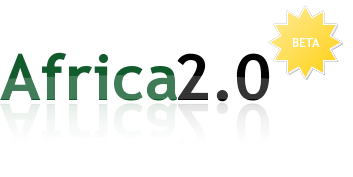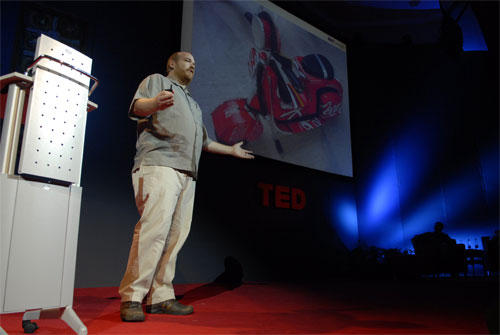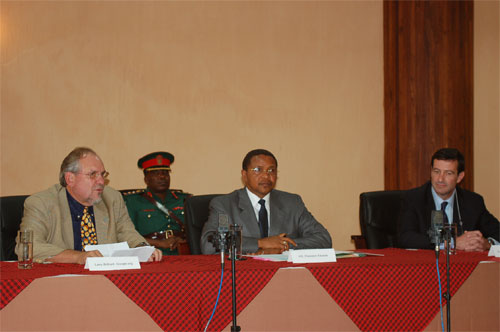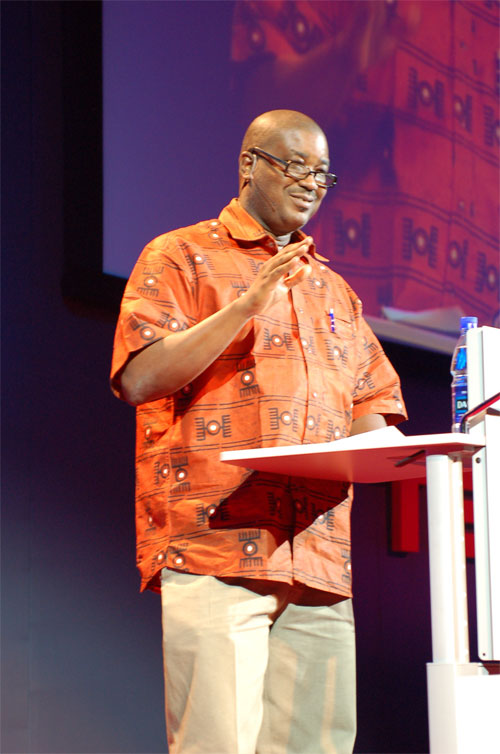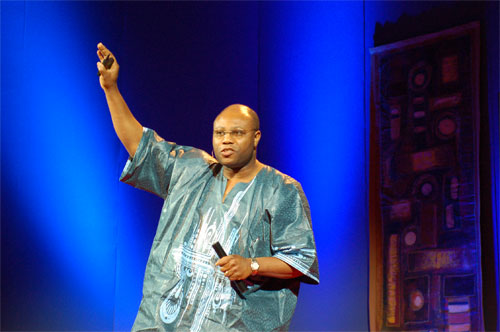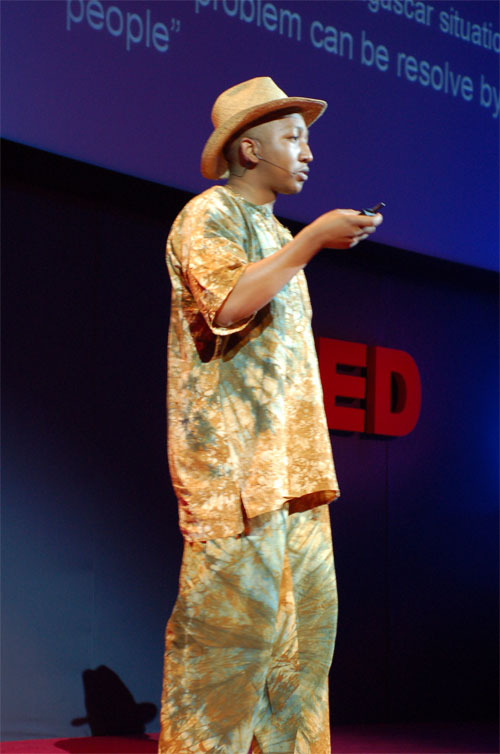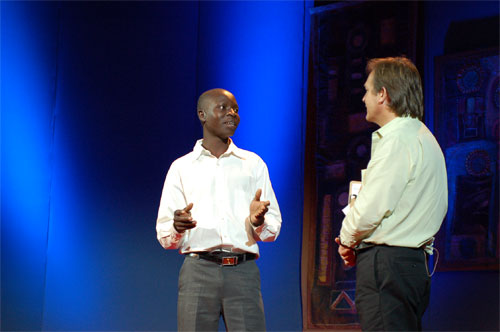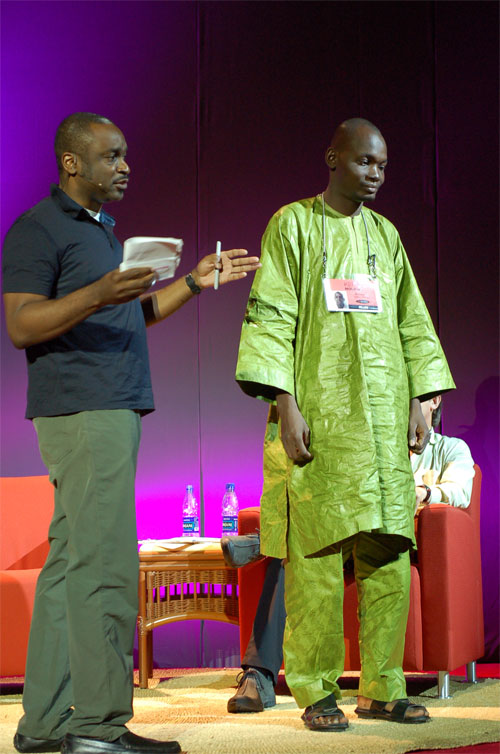In all fairness, I chose the title of this post due to my experiences with the “aid vs trade” debate at TEDGlobal last week. The general feeling around the session I was in though, was that people would only buy African products if they were sold with a story of “helping Africa’s poor and needy”.
Overview
The basic idea is that eBay is working with Fair Trade organizations to certify NGOs, aid organizations and a few for-profit companies to source and manage products coming from places like Africa, and some places in Asia and South America. Organizations that are certified as “Trust Providers” will be allowed to do business.
eBay, in coordination with World of Good, is setting up a specific marketplace for these third-world artisans to sell their inventory. The artisans don’t have direct access to this marketplace, instead they need to work through sellers in the US and UK to make the final sale – to complete the supply chain. This new marketplace is being marketed towards the LOHAS demographic (Lifestyle of Health and Sustainability), who is willing to pay 20%+ premium on products.
There seems to be a great many supplier artisans around the world. What eBay is trying to do is increase the demand – an area where they see a gap in the chain – by providing a special place to “tell a story” about the goods.
This is all well and good. Noble even. However, I think they’re missing something – or at least only looking at the problem from one angle. From what I have experienced talking to Africans all over East Africa, they want to sell their goods on equal footing with everyone else. They will use another charity platform, if that’s all they’re given to work with, but it’s not what they really want.
What If…
What if eBay were to set up a micro-enterprise investment fund for companies to use and invest in building out eBay enterprises in Africa? What if they were to invest in for-profit companies as a real business move into the continent? There are more options than just those though…
That’s what I would like to see happen. Provide all of the tools that other international eBay regions get – like India. Treat Africa the same, instead of having special rules with watchdog “trust providers” to control the unruly and untrustworthy African.
Last Thoughts
I’m torn, because I like that eBay is paying attention and trying to do something, but I’m a little put out by the attitude that Africa needs special rules. I don’t think that’s the case, I believe that Africans can, and will, perform on the world stage with everyone else.
However, what the eBay team is trying to do is probably the right decision for them. In the end, they see Africa as a risk – and certain countries are hotbeds for fraud and eCommerce corruption. Maybe a more balanced approach would be to work in some type of direct investment play into Africans at the local level as well as these development groups.


